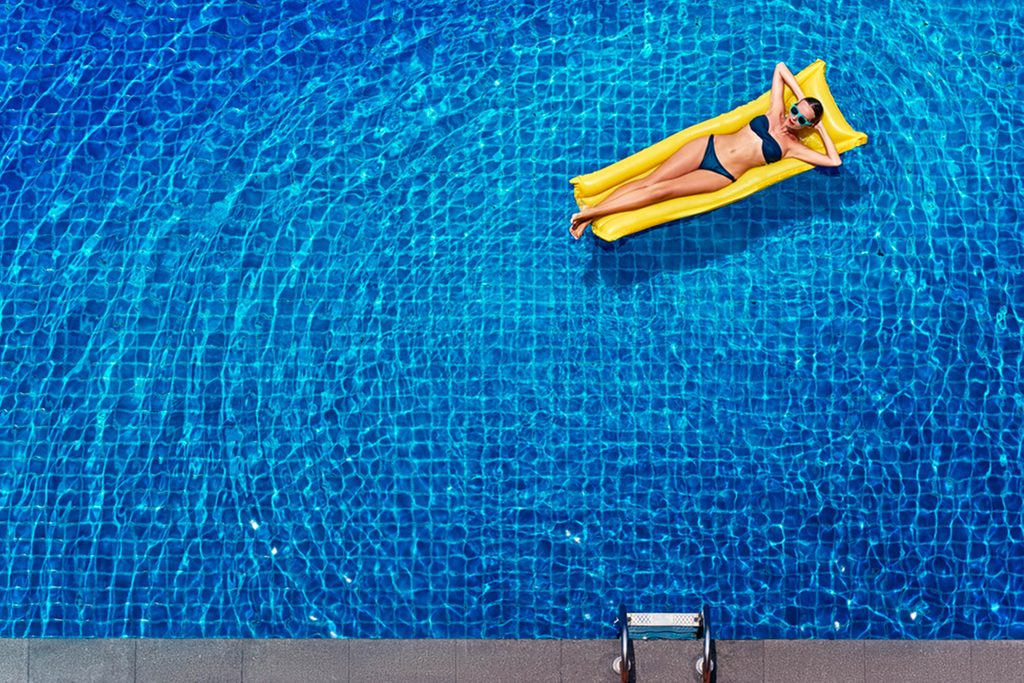Here’s Why Taking a Shorter Vacation Is Actually Better for You, According to Psychologists
Updated: Jul. 27, 2017
Don't stress if you can't take a two-week vacation this year—your shorter break might be better for you in the long term.
Given the choice between one or two weeks on the beach, who would opt for a shorter break? Maybe no one? But new research may surprise you: three-day weekends can be just as replenishing as longer vacations. This is great news for those of us who can’t afford, or don’t have the time, to take long periods off work. (Here are 40 affordable destinations for a family vacation if your budget is tight.) Psychologist Daniel Kahneman, PhD, tells Business Insider that there is a limit to how much happiness you can get from your time off. Shorter vacations are often just as good in hindsight as longer ones, he says.
Kahneman’s research found that people’s psychology can be divided into an “experiencing self”—living in the moment—and a “remembering self”—extending the happiness potential of an experience by remembering, recounting, and reliving past events. Because many of us support that remembering self—we share stories and photos of vacations over and over—it’s possible to maximize the memories you make in just one week or even just three days. Because we typically focus on the new, spending two weeks in the same place doing the same thing doesn’t necessarily result in a more enjoyable experience.
Judy Rosenberg, PhD, Los Angeles-based psychologist and CEO of Psychological Healing Center, agrees that shorter vacations can have their benefits.

“When we are learning new material, we are better off studying in short spurts rather than cramming in long hours,” she says. “The same holds true when clearing our minds and emotions—thus it is better to clear our mind with short frequent vacations rather than long extended ones. When we take many short vacation breaks, it gives us the opportunity to reboot our mental, physical, and emotional system and clear space for the next round of work. Shorter vacations usually means more vacations, and less hassle to get away. Most people use quick get-away trips for short vacations meaning less air travel, less packing, and more spontaneity.” (FYI, here are the vacation items you should never pack.)
John Mayer, PhD, clinical psychologist, author, and consultant at Doctor On Demand, points out that many people need several days to get into “vacation mode” and fully be in their psychology of the “experiencing self” or “remembering self” Kahneman refers to. “Additionally, many people—and often they are the same people—have an emotional experience toward the end of the vacation time wherein they become anxious/sad/melancholy during the later part of the vacation because they are returning to their work and home environment soon and the vacation is over,” says Mayer. “Thus, these emotional reactions are also critically important in determining your length of vacation.”
Ultimately, vacations are good for our mental health no matter how long they are. “Vacations are coping mechanisms that help us adapt to the everyday stresses in our lives,” explains Mayer. “Planning vacations, preparing for vacation in ways such as buying vacation clothes and vacation needs, and talking about vacations are outstanding ways for all of us to relieve the stress of our working and home world.” Vacation or no vacation, here are 10 ways to manage stress.












